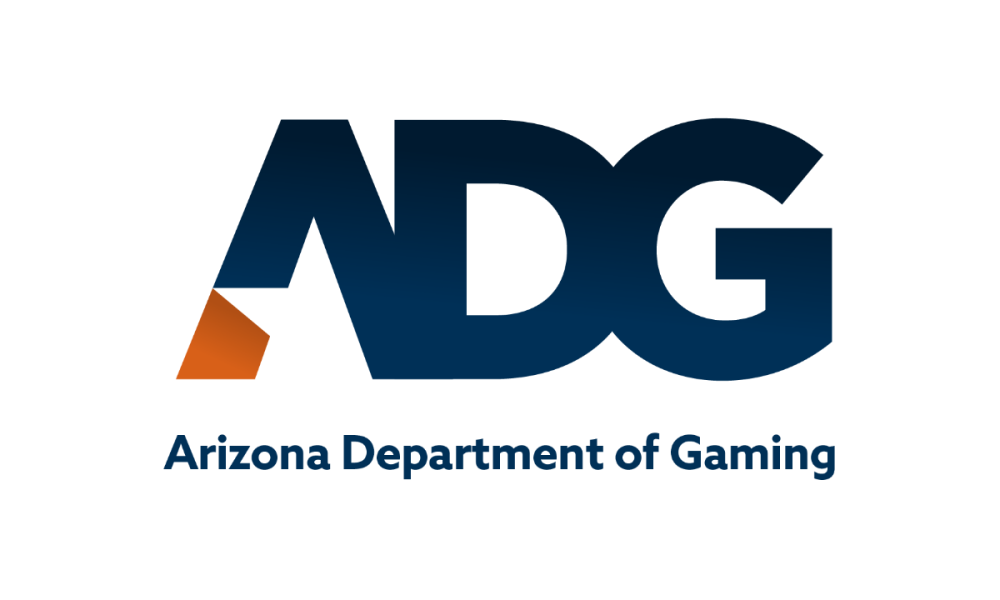
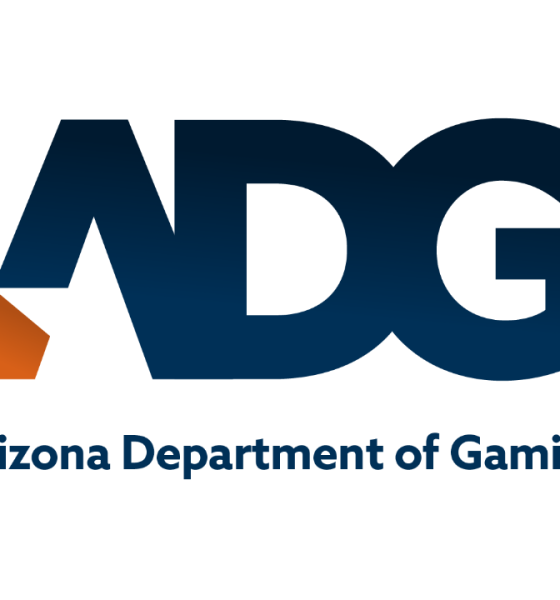
ADG
Arizona Department of Gaming Releases October Sports Betting Figures
Bettors in Arizona wagered approximately $791 million on sports in October of 2024, according to a new report by the Arizona Department of Gaming. This represents an approximate 22% increase when compared to October of 2023.
The state collected approximately $2.35 million in privilege fees in the month.
The post Arizona Department of Gaming Releases October Sports Betting Figures appeared first on Gaming and Gambling Industry in the Americas.
ADG
Arizona Department of Gaming Issues Cease-and-Desists on “Phoenix Dream Home Sweepstakes”
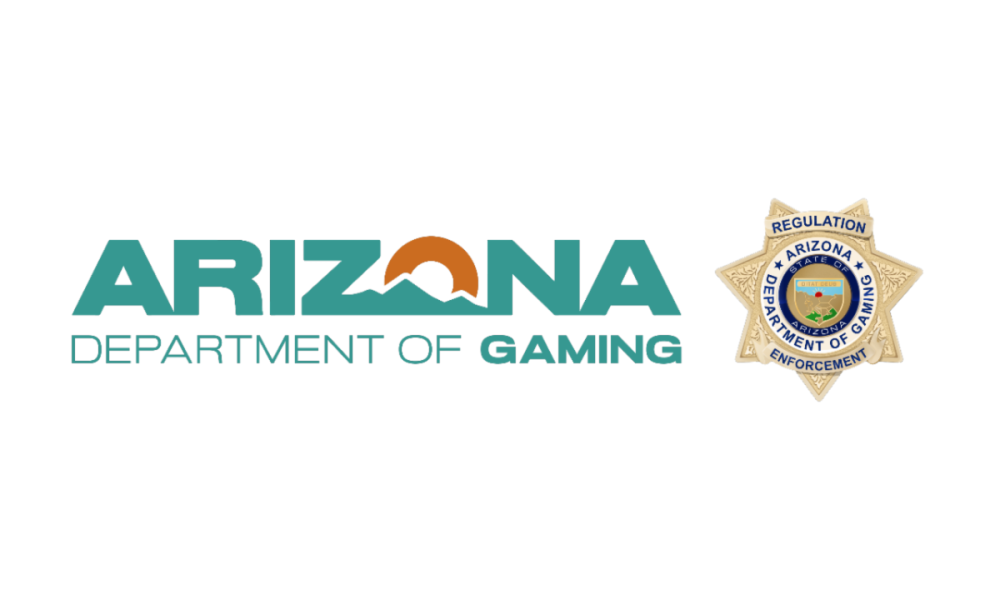
The Arizona Department of Gaming (“the Department” or “ADG”) issued cease-and-desist orders to Raffall, a company based in the United Kingdom, and to an Arizona resident using the platform to promote the ‘Phoenix Dream Home Sweepstakes,’ currently advertised online and through a separate website, winthisazhome.com, which is marketing the chance to ‘Win a Luxury $1.3M Arizona Mountainside Home.’
According to the Department’s investigation, the promotion required participants to purchase entries for a prize to be awarded and promised either a home transfer or a cash payout, depending on sales volume. The investigation further determined that the organizers intended to profit from ticket sales. Based on these findings, the Department alleges the activity constitutes an illegal gambling operation under Arizona law.
As part of the enforcement action, Raffall has been directed to remove all gambling-related drawings or giveaways targeting Arizona residents, and the Arizona resident has also been ordered to cease promoting or conducting any unlawful gambling activity.
“Illegal gambling can take many forms and it does not matter if it is labeled a sweepstakes, raffle, giveaway, or drawing,” said Jackie Johnson, Director of the Arizona Department of Gaming. “Unregulated operations put Arizonans at risk because there is no oversight, and therefore no accountability or safeguards in place. The Department will continue to take enforcement action to protect consumers, and we urge the public to learn what is legal before participating in or hosting any gambling activity.”
Why This Operation Is Illegal
Arizona law prohibits gambling unless it is specifically authorized (A.R.S. Title 13, Chapter 33). There is no exception for so-called “sweepstakes.” Raffles may only be conducted by Arizona charitable, tax-exempt organizations (A.R.S. § 13-3302(B) & (C)), and personal profit is prohibited. Only individuals 21 years of age or older may legally participate in gambling in Arizona.
Because this operation is accessible to users under the age of 21, is conducted for personal gain, and is not conducted by a qualified nonprofit, it violates Arizona law. Additional potential felony violations include:
- Promotion of Gambling – A.R.S. § 13-3303
- Illegal Control of an Enterprise – A.R.S. § 13-2312
- Money Laundering – A.R.S. § 13-2317
Furthermore, foreign-based platforms, such as Raffall, do not adhere to Arizona or U.S. gambling laws, leaving consumers without essential protections.
Consumer Protection Advisory
As illegal online gambling activity continues to rise, the Department urges all residents and visitors to be cautious when participating in gaming, whether online or in-person. Regulated gaming provides important consumer protections, ensuring fair play and fair drawings, data security, accountability, and a safer overall experience.
If you purchased entries in this illegal gambling operation:
- Stop participating immediately and do not buy additional entries.
- Contactyourbank or credit card company to dispute the charges or request a chargeback. Your financial institution is the best avenue for seeking a refund.
- Monitor your accounts for unauthorized transactions.
- If you suspect identity theft, report it to the Federal Trade Commission (FTC):
- IdentityTheft.gov (English)
- RobodeIdentidad.gov (Spanish)
Important: The Department cannot assist with refund requests or individual disputes against unlicensed platforms. Consumers must work through their financial institutions to protect themselves and/or retain legal counsel. They may also file complaints with the Arizona Attorney General’s Consumer Information and Complaints Unit at (602) 542-5763 or azag.gov/consumer.
The post Arizona Department of Gaming Issues Cease-and-Desists on “Phoenix Dream Home Sweepstakes” appeared first on Gaming and Gambling Industry in the Americas.
ADG
Arizona Department of Gaming Releases January Sports Betting Figures
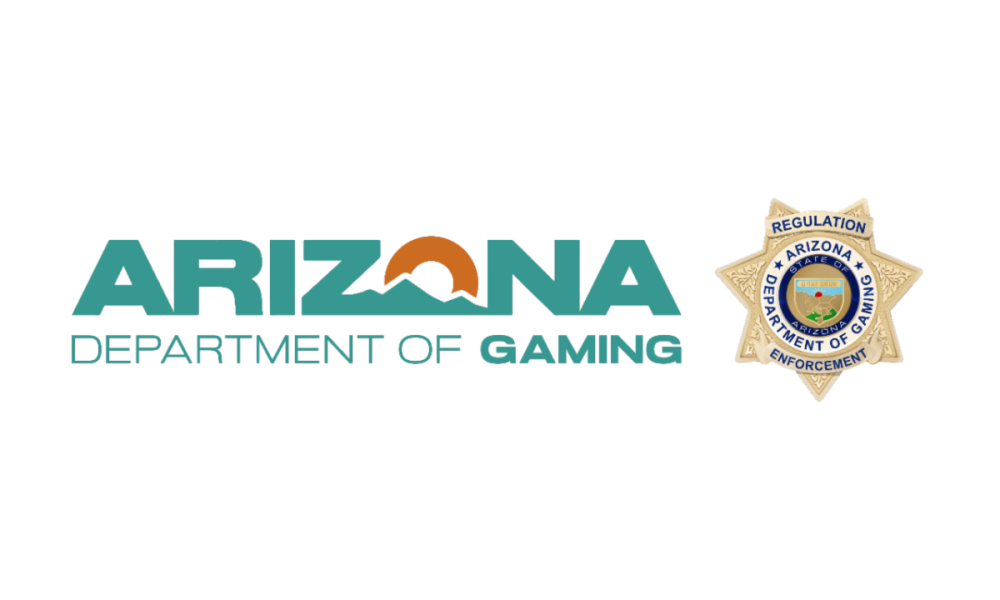
Bettors in Arizona wagered approximately $864 million on sports in January of 2025, according to a new report by the Arizona Department of Gaming. This represents an approximate 22.3% increase when compared to January of 2024.
The state collected approximately $5.3 million in privilege fees in the month. You can view the full January report on the ADG website: LINK.
The post Arizona Department of Gaming Releases January Sports Betting Figures appeared first on Gaming and Gambling Industry in the Americas.
ADG
Arizona Department of Gaming Issues Multiple Cease-and-Desists
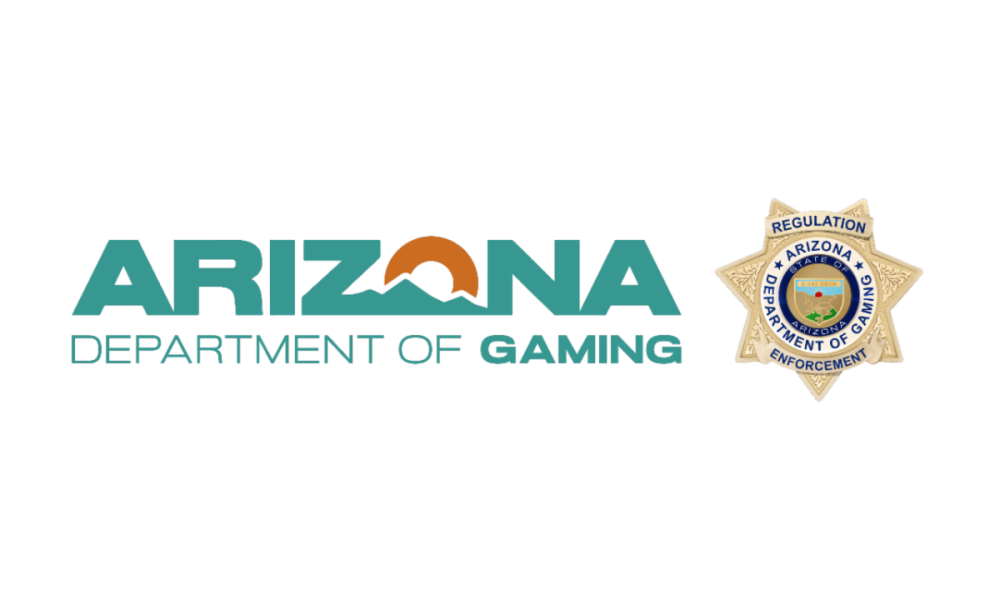
The Arizona Department of Gaming (“ADG”) has taken decisive enforcement action this week against multiple unlicensed and unregulated gambling operators—both domestic and international—that have been unlawfully targeting Arizona residents. As part of its ongoing efforts to protect the public and uphold Arizona gaming laws, the Department has issued several cease-and-desist orders to unlicensed entities offering unlawful wagering activities.
The named operators are allegedly providing access to various illegal online gaming services, including slot-style casino games, “sweepstakes” platforms, sports wagering, horse race betting, and peer-to-peer wagering exchanges. These operations are not licensed by the State and fail to meet Arizona’s strict regulatory requirements, thereby posing significant consumer protection and financial risks to Arizonans.
The following unlicensed operators have been issued cease-and-desist orders:
- Sweepstakes:
- ARB Gaming, LLC d/b/a Modo.us
- MODO.us (online casino) / BITMODO LLC
- Modo
- Epic Hunts
- Event Wagering Sportsbook:
- Generiz
- Peer-to-Peer Exchange:
- ProphetX
- Offers Multiple Types:
- MyBookie
- BetUS.com
The active operations of these companies and online websites in Arizona are alleged to be felony criminal enterprises, and each operator has been directed to desist from any future illegal gambling operations or activities of any type in Arizona. Due to the unregulated and illegal online gaming offerings on these sites, operators are claimed to be in violation of Arizona gaming laws, including:
- Promotion of Gambling (Felony) — A.R.S. § 13-3303.
- Illegal Control of an Enterprise (Felony) — A.R.S. § 13-2312.
- Money Laundering (Felony) — A.R.S. § 13-2317.
Each aforementioned operator has been directed to immediately cease all online (or other) gambling operations and activities in Arizona, and take the necessary steps to immediately prevent and exclude Arizona residents and visitors from gambling on their websites.
“Illegal gaming—no matter the platform or format—has no place in Arizona. Whether it’s sweepstakes, online casino-style games, or unauthorized sports betting, if an operation exists outside of the state’s legal and regulatory framework, we are prepared to take enforcement action,” stated Jackie Johnson, Director of the ADG. “Illegal gambling is not just unlawful—it’s stealing from our economy and undermining the safeguards that protect consumers. The Department fully supports the licensed and regulated operators who are doing things the right way—operating within the bounds of the law, contributing to Arizona’s economy, and providing the protections that only a regulated market can ensure.”
Consumer Protection Advisory:
As illegal online gaming activity continues to rise, the ADG urges all residents and visitors to be cautious when participating in gaming—whether online or in person. Regulated gaming offers important consumer protections—helping ensure fair play, data security, accountability, and a safer overall experience.
Many online platforms currently accessible in Arizona are neither licensed nor regulated, exposing users to significant risks, including fraud, identity theft, and financial loss. Because these operations fall outside the state’s regulatory authority, ADG cannot assist with complaints or disputes involving unregulated or illegal gaming activities—often leaving victims with no recourse for recovering lost funds. It is important to remember: just because you can download the app, access the website, and play the games does not mean the platform is legal or safe.
Individuals are encouraged to verify the legitimacy of any gaming platform before placing bets or engaging in gameplay. To protect yourself, always use legally authorized and state-regulated operators. A complete list of authorized casinos, event wagering operators, fantasy sports operators, and off-track betting for horse racing is available on ADG’s official website: gaming.az.gov.
How to Report Suspicious Gaming Activity, Fraud, or Identity Theft:
If you encounter what appears to be an illegal gaming website, app, or an operation impersonating an authorized Arizona casino or licensed operator, take the following steps:
- Document the website URL, app, business name, and any promotional materials associated with the platform or operator.
- Report itto ADG at [email protected] and the Arizona Attorney General’s Office Consumer Information and Complaints Unit at (602) 542-5763 or by visiting azag.gov/consumer.
- Cease activity on the platform and monitor financial accounts for unauthorized transactions.
- If you suspect identity theft, report it to the Federal Trade Commission (“FTC”): for help in English, go to IdentityTheft.gov, and for help in Spanish, go to RobodeIdentidad.gov.
ADG takes complaints about all illegal gambling seriously. To report any form of suspected illegal gambling, visit gaming.az.gov/about/contact-us, call ADG at (602) 255-3886, or email [email protected]. Reports can be made anonymously.
The post Arizona Department of Gaming Issues Multiple Cease-and-Desists appeared first on Gaming and Gambling Industry in the Americas.
-

 gaming3 years ago
gaming3 years agoODIN by 4Players: Immersive, state-of-the-art in-game audio launches into the next generation of gaming
-
EEG iGaming Directory9 years ago
iSoftBet continues to grow with new release Forest Mania
-
News8 years ago
Softbroke collaborates with Asia Live Tech for the expansion of the service line in the igaming market
-
News7 years ago
Super Bowl LIII: NFL Fans Can Bet on the #1 Sportsbook Review Site Betting-Super-Bowl.com, Providing Free Unbiased and Trusted News, Picks and Predictions
-
iGaming Industry8 years ago
Rick Meitzler appointed to the Indian Gaming Magazine Advisory Board for 2018
-
News7 years ago
REVEALED: Top eSports players set to earn $3.2 million in 2019
-
iGaming Industry8 years ago
French Senator raises Loot Boxes to France’s Gambling Regulator
-
News7 years ago
Exclusive Interview with Miklos Handa (Founder of the email marketing solutions, “MailMike.net”), speaker at Vienna International Gaming Expo 2018











